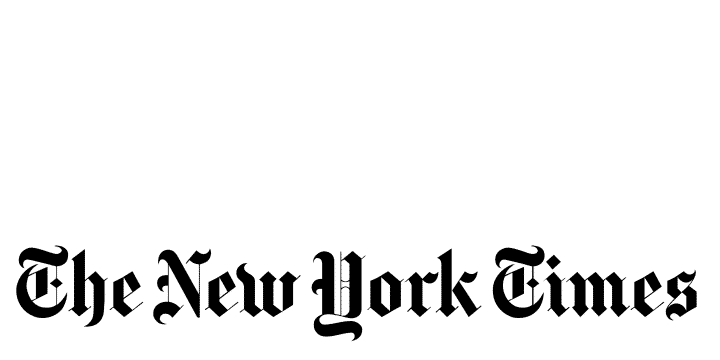The year 2020 exposed the risks and weaknesses of the market-driven global system like never before. It’s hard to avoid the sense that a turning point has been reached
If one word could sum up the experience of 2020, it would be disbelief. Between Xi Jinping’s public acknowledgment of the coronavirus outbreak on 20 January 2020, and Joe Biden’s inauguration as the 46th president of the United States precisely a year later, the world was shaken by a disease that in the space of 12 months killed more than 2.2 million people and rendered tens of millions severely ill. Today the official death tolls stands at 4.51 million. The likely figure for excess deaths is more than twice that number. The virus disrupted the daily routine of virtually everyone on the planet, stopped much of public life, closed schools, separated families, interrupted travel and upended the world economy.
To contain the fallout, government support for households, businesses and markets took on dimensions not seen outside wartime. It was not just by far the sharpest economic recession experienced since the second world war, it was qualitatively unique. Never before had there been a collective decision, however haphazard and uneven, to shut large parts of the world’s economy down. It was, as the International Monetary Fund (IMF) put it, “a crisis like no other”.
Even before we knew what would hit us, there was every reason to think that 2020 might be tumultuous. The conflict between China and the US was boiling up. A “new cold war” was in the air. Global growth had slowed seriously in 2019. The IMF worried about the destabilising effect that geopolitical tension might have on a world economy that was already piled high with debt. Economists cooked up new statistical indicators to track the uncertainty that was dogging investment. The data strongly suggested that the source of the trouble was in the White House. The US’s 45th president, Donald Trump, had succeeded in turning himself into an unhealthy global obsession. He was up for reelection in November and seemed bent on discrediting the electoral process even if it yielded a win. Not for nothing, the slogan of the 2020 edition of the Munich Security Conference – the Davos for national security types – was “Westlessness”.
Read the full article at The Guardian


